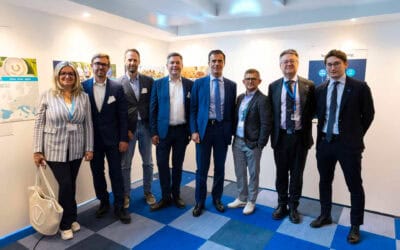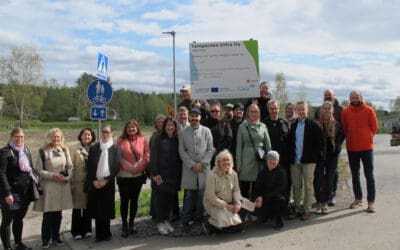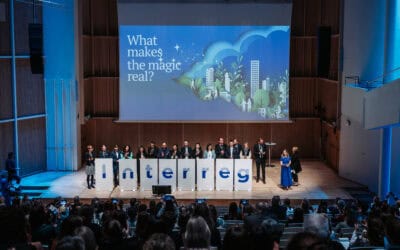All Interreg programmes are assessed at the beginning, in the middle and at the end of the programme period to see if programme funds are spent meaningfully. Interreg Baltic Sea Region has now selected an external evaluator for its mid-term evaluation.

A measuring tape curled up. © panthermedia/serz148
The Programme’s mid-term evaluation will show how Interreg Baltic Sea Region 2014-2020 has affected the Baltic Sea region so far as a basis for fine-tuning the Programme. In the call for tenders for “Monitoring of the state of institutional capacity in the region and mid-term evaluation of Programme impact” published on 9 November 2017, a total of seven companies submitted proposals by the deadline of 7 December 2017. On 12 February 2018, the Programme’s Monitoring Committee selected as external evaluator Spatial Foresight GmbH, based on the assessment of the Managing Authority/Joint Secretariat. The Monitoring Committee considered this proposal as best matching the criteria and requirements described in the Terms of Reference.
The evaluation comprises two main parts: First, a snapshot of the state of institutional capacity in the Baltic Sea region will be captured, focusing on the thematic priorities of the Programme (innovation, natural resources and transport). This was done in 2014 and will be repeated in 2018 and 2020 to see the change, if any, throughout the Programme’s lifetime. Second, the evaluator will assess what impact the Programme has had so far, for example in reaching its specific thematic objectives, on involving different types of organisations in its projects, and on the EU Strategy for the Baltic Sea Region. With such a broad scope, it is expected that the findings from the evaluation will interest a diverse range of readers.
Evaluation activities will begin in March 2018. The evaluator may reach out to projects and other stakeholders for their input and feedback for certain parts of the evaluation. The final report is expected in November 2018.






